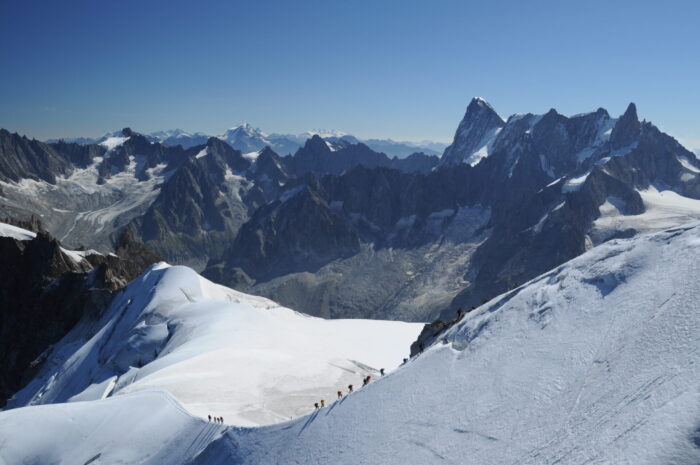News
Information about a range of glacier retreat impacts from our recent work
Widespread mass loss of glaciers and ice caps in Greenland since the start of the 20th century.
Glaciers melting at unprecedented rates means that invertebrates living in the meltwater rivers of the Alps face widespread habitat loss.
Glaciers along the Antarctic peninsula are flowing faster in the summer because of a combination of melting snow and warmer ocean waters.
Climate change is hitting the hardest in the world’s mountain ranges.
Scientists have developed AI to track the development of crevasses on the Thwaites Glacier ice tongue in west Antarctica.
In India’s mountainous Ladakh region, farmers construct ice stupas to store winter water using pipes and sprinklers.
The accelerating melting of the Himalayan glaciers threatens the water supply of millions of people in Asia.
Glaciers in the Southern Alps of New Zealand have lost more ice mass since pre-industrial times than remains today.
Inuit communities’ travel skills and regional knowledge have helped mitigate the effects of Arctic climate change on travel conditions.
Ice temperatures inside the world’s highest glacier on the slopes of Mount Everest are warmer than expected and especially vulnerable to future climate change.

